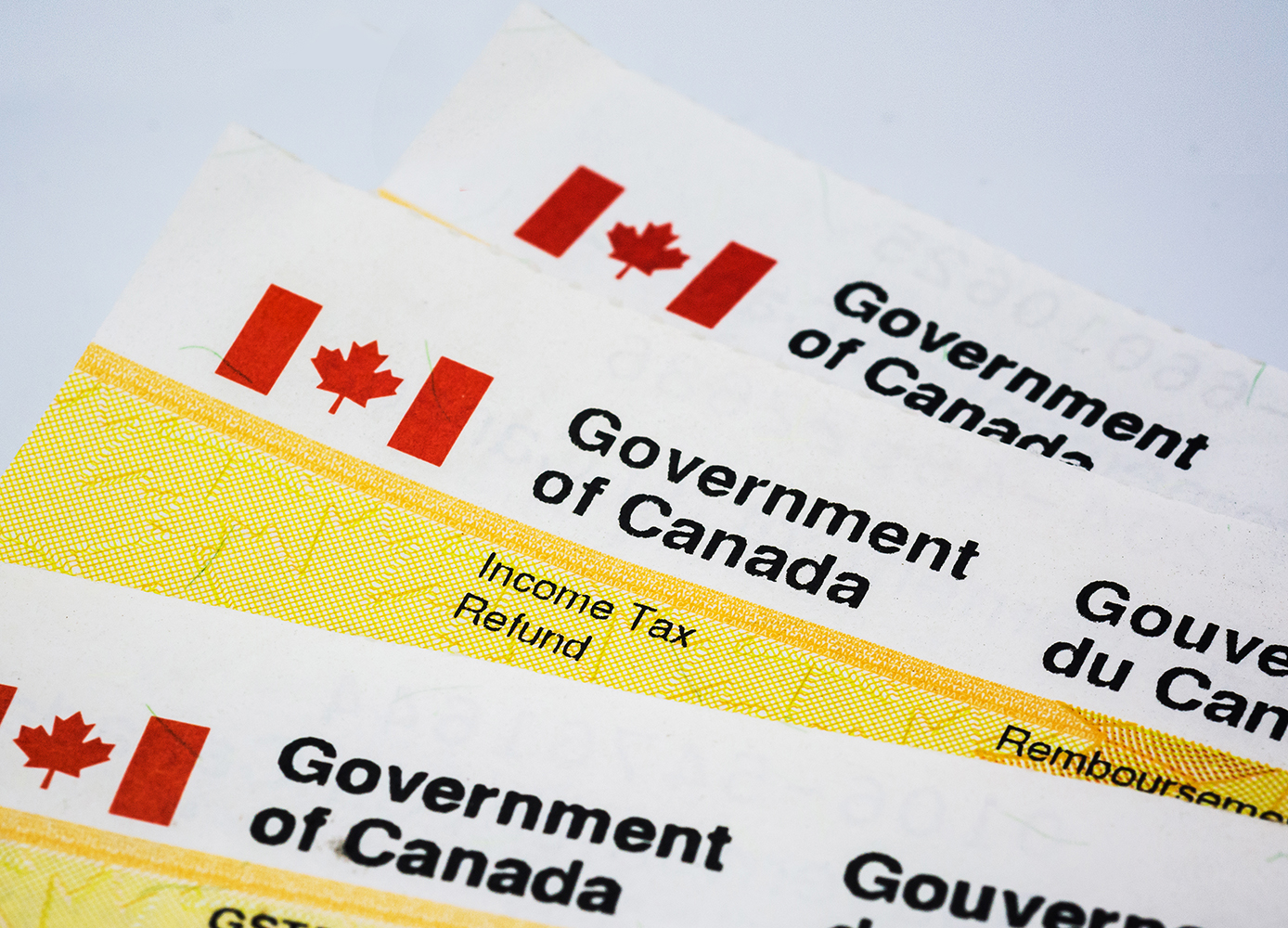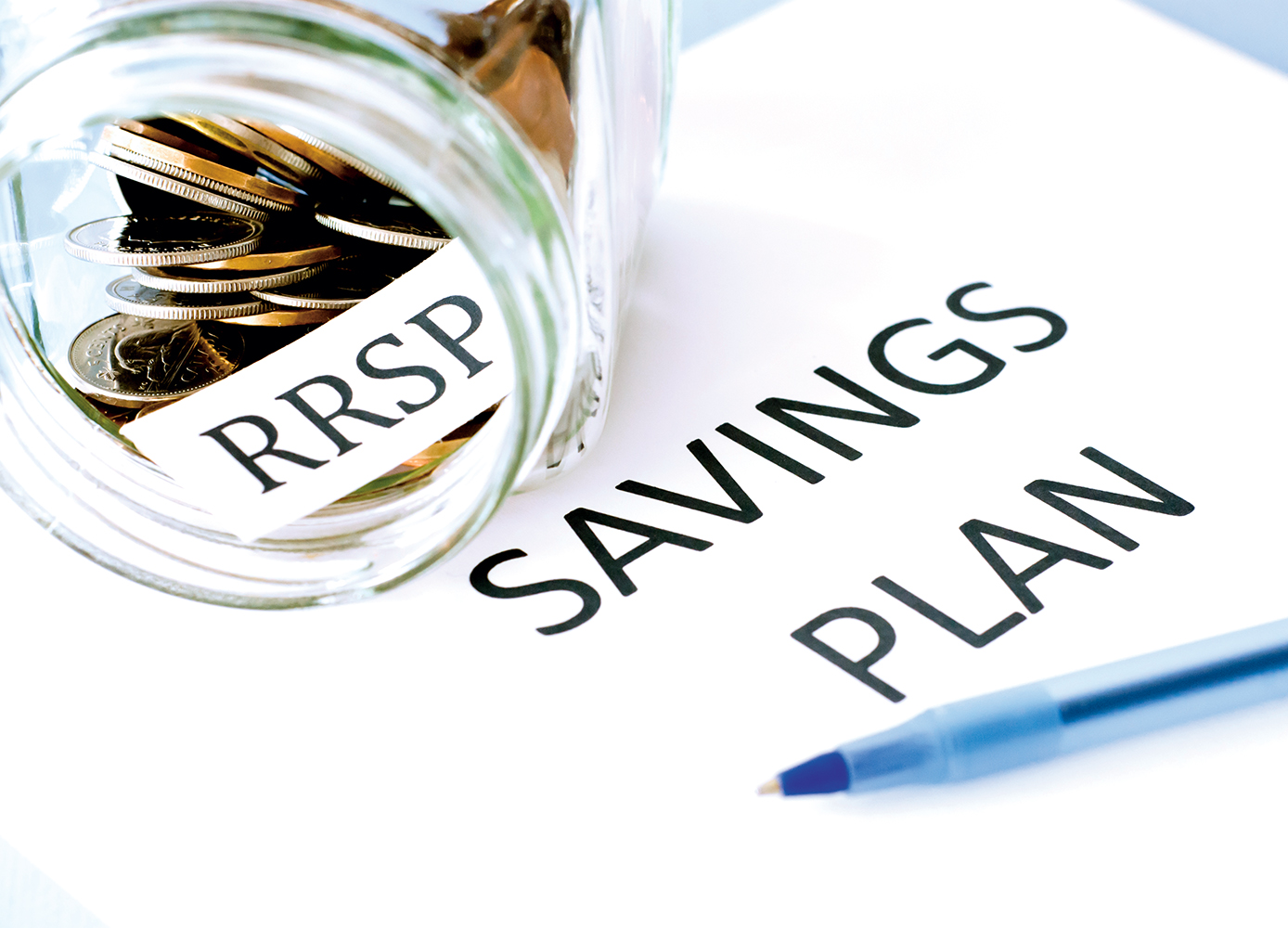When both partners in a couple own a home, should they keep both when they marry or sell one?
A popular regular feature in Good Times magazine is “Your Questions,” where Olev Edur provides answers to questions from our readers regarding their rights, personal finance, and estate planning. Here’s one on whether to sell a home or to rent it out.
Photo: iStock/Feverpitched.
Q. I’m 70 and widowed, and I’ve been in a relationship for the past year with a widow who is about my age. We’re talking about getting married and moving in together. She would sell her house and we’d live together in my house (it’s a bit bigger and in a better location). But is this a good idea from a tax perspective? We know we’d lose the ability to have two tax-exempted properties, as we have now, and she’d have to invest her money and pay tax on the earnings. The way the stock markets have been lately isn’t encouraging, and meanwhile, house prices are still rising here in Ottawa. We want to be together, but it seems the deck is stacked against us. What would you suggest?
A. One of the cardinal rules of life is to follow your heart, so let’s assume that you’ll be moving in together no matter what. The question then is: How do you minimize the potential negative financial effects?
You’re right about losing access to a second source of tax-free growth (your partner’s house) if you move in together, and your comments about stock growth versus house value increases are well-taken. So the next logical question is: Does the house really need to be sold? Do you need the cash, or can it wait?
Rather than taking your chances on those volatile investment markets or investing in two per cent GICs that may be taxed to almost nothing, perhaps your partner could keep the home and rent it out. Vacancy rates are low nationwide and rents have been rising everywhere; according to a December 2018 Padmapper.com report, the average cost of a two-bedroom apartment in Ottawa was $1,560 a month, or almost $19,000 a year. A house could generate considerably more.
By keeping the house, you’d still benefit from any future growth in value and, although that growth would become taxable after your partner moves out, the after-tax result could still be well above the returns from those GICs. On top of that, you’d have the rental income. If you don’t want the hassles, you can hire a reputable property manager to take care of it all for you (for a fee that is tax-deductible).
If, however, you’d rather sell—perhaps there are additional considerations—then you’ll have to brave the markets or else settle for lower returns. If neither of you is an experienced investor, then you’d probably be best served by hiring an independent (that is, fees-only) financial advisor to guide you through the labyrinth of investment planning.






